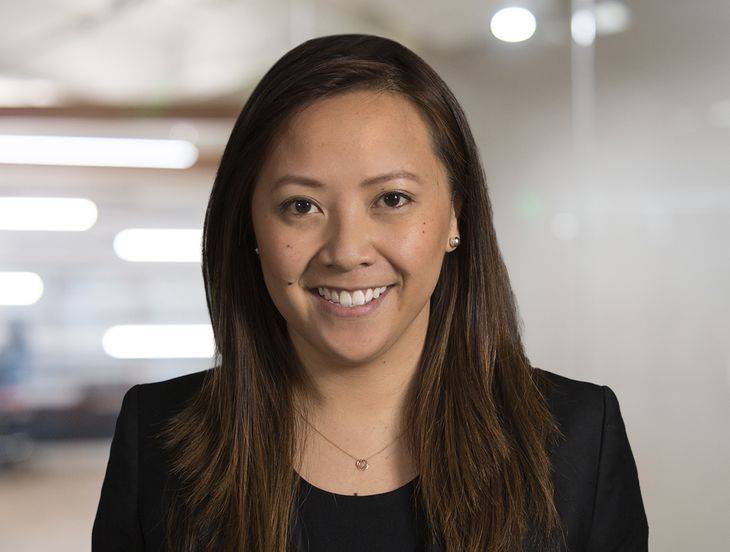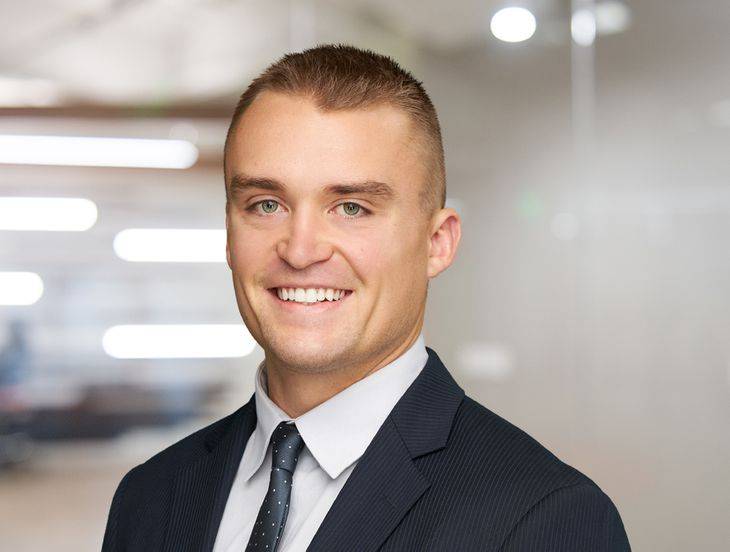Chicago Employers Get Temporary Relief: City Council Delays New Paid Leave Ordinance Until July 1
Insights
12.14.23
Employers can take a momentary deep breath now that the Chicago City Council voted to delay the city’s new paid leave ordinance, which was supposed to take effect at the end of the month. The ordinance would have required Chicago employers to comply with one of the country’s most generous paid time off (PTO) laws in just seven weeks. After a December 13 vote, however, Chicago employers will now have until the summer to modify their PTO policies. For now, you should continue to comply with the current version of the Chicago paid sick leave ordinance and start preparing for the new requirements to take effect on July 1, 2024. Additionally, you should note that the ordinance was amended in a few key ways. Here are five critical areas to review as you update your PTO policies and practices.
1. Definition of a Covered Employee
The changes greatly affect which employees are covered under the new ordinance. Originally, a “covered employee” was defined as an employee who, in any particular two-week period, performs at least two hours of work for an employer while physically present within the geographic boundaries of Chicago. Under the changes, however, a “covered employee” is defined as an employee who works at least 80 hours for an employer within any 120-day period while physically present within the geographic boundaries of Chicago. And, once an employee meets this threshold, they will be covered for the remainder of the time they work for you.
2. Accrual and Carryover
The current accrual rate for paid sick leave (PSL) of one hour for every 40 hours worked will continue through June 30, 2024. Starting July 1, 2024, the accrual rate for PSL will increase to one hour for every 35 hours worked. Similarly, the new carryover requirements for PSL will take effect July 1, 2024.
Additionally, the current ordinance does not require Chicago employers to provide paid leave for any reason (PLFAR). However, effective July 1, 2024, Chicago employers must provide one hour of PLFAR for every 35 hours worked.
3. PLFAR Partial Payout Extended to July 1, 2025
The new ordinance requires certain employers to pay out PLFAR upon separation of employment or transfer outside of the geographic limits of Chicago depending on the size of the employer. Of note, employees working outside of Chicago are not counted towards the following employee thresholds:
- Small employers: Under the new ordinance, employers with 1-50 covered employees are still not required to pay out unused PLFAR upon separation of employment or transfer.
- Mid-size employers: Under the new ordinance, employers with 51-100 covered employees are required to pay out up to 16 hours of unused PLFAR on separation of employment or transfer through June 30, 2025. Starting July 1, 2025, these same size employers will be required to pay out all PLFAR on separation of employment or transfer. The recent changes delayed the full pay out of all PLFAR for medium employers by six months.
- Large employers: Under the new ordinance, employers with more than 100 covered employees must still pay out all unused PLFAR upon separation of employment or transfer.
4. Changes to Records and Posting Requirements
The new law requires Chicago employers to provide a written paid time off policy to each covered employee in their primary language. Additionally, businesses that have employees whose regular work duties take place within the geographical boundaries of Chicago — even if they don’t meet the threshold of a covered employee — must also maintain the same records for those employees as is required for covered employees.
5. Changes to the Requirements for Employees to Sue
The new ordinance also gives Chicago employers some relief as they work through hiccups in their efforts to comply. For example, an employee may initiate a private civil action only after (a) an alleged violation occurs, and (b) the payday for the next regular payroll period has passed or 16 days have passed since the alleged violation occurred, whichever is the shorter period. However, these requirements to bring a private cause of action will sunset on July 1, 2026.
Next Steps for Employers
While the new Chicago Paid Leave and Paid Sick and Safe Leave Ordinance has been momentarily delayed, the changes are still coming. To avoid the effective date sneaking up on you, employers should continue to modify your policies, notices, recordkeeping, and other practices to ensure compliance with the upcoming changes. Until then, you should continue complying with the existing Chicago paid sick leave requirements.
Conclusion
We will continue to monitor any further developments and provide updates on these and other labor and employment issues affecting employers, so make sure you are subscribed to Fisher Phillips’ Insight System to gather the most up-to-date information. If you have questions, please contact your Fisher Phillips attorney, the authors of this Insight, or any attorney in our Chicago office.
Related People
-
- Jessica D. Causgrove
- Partner
-
- Shane Stover
- Associate

